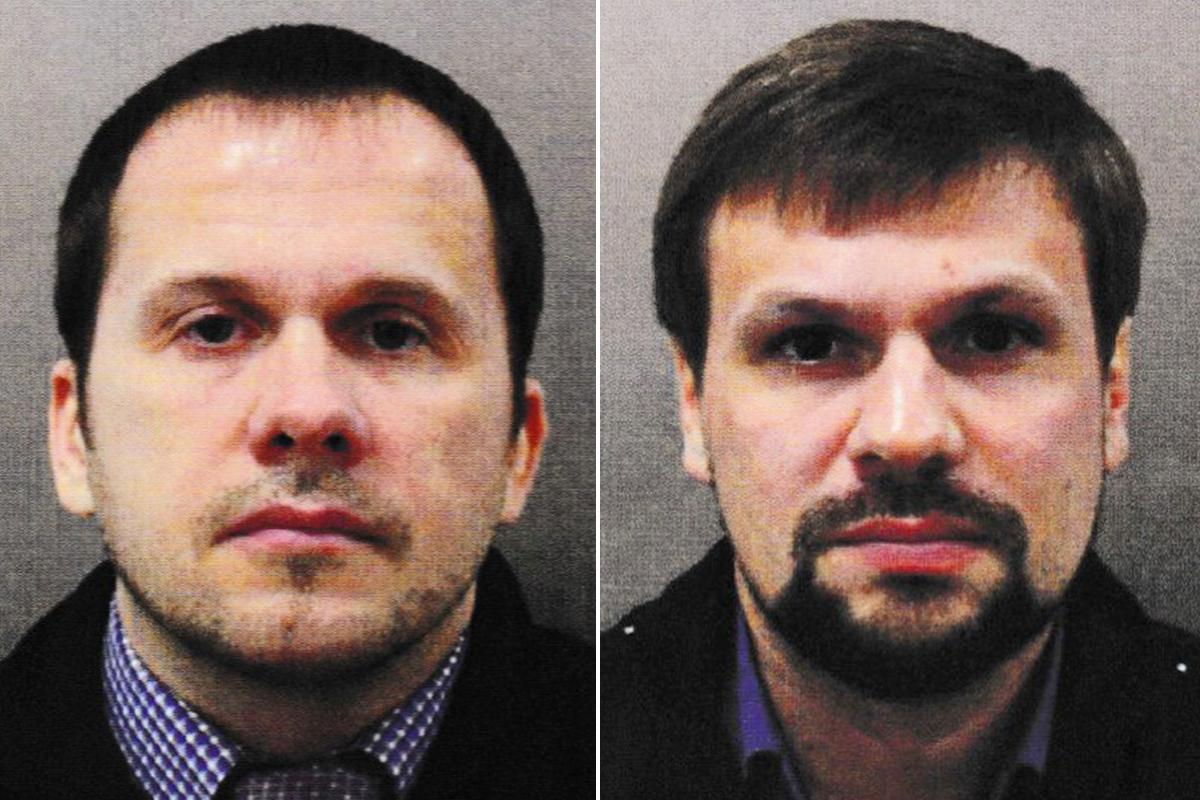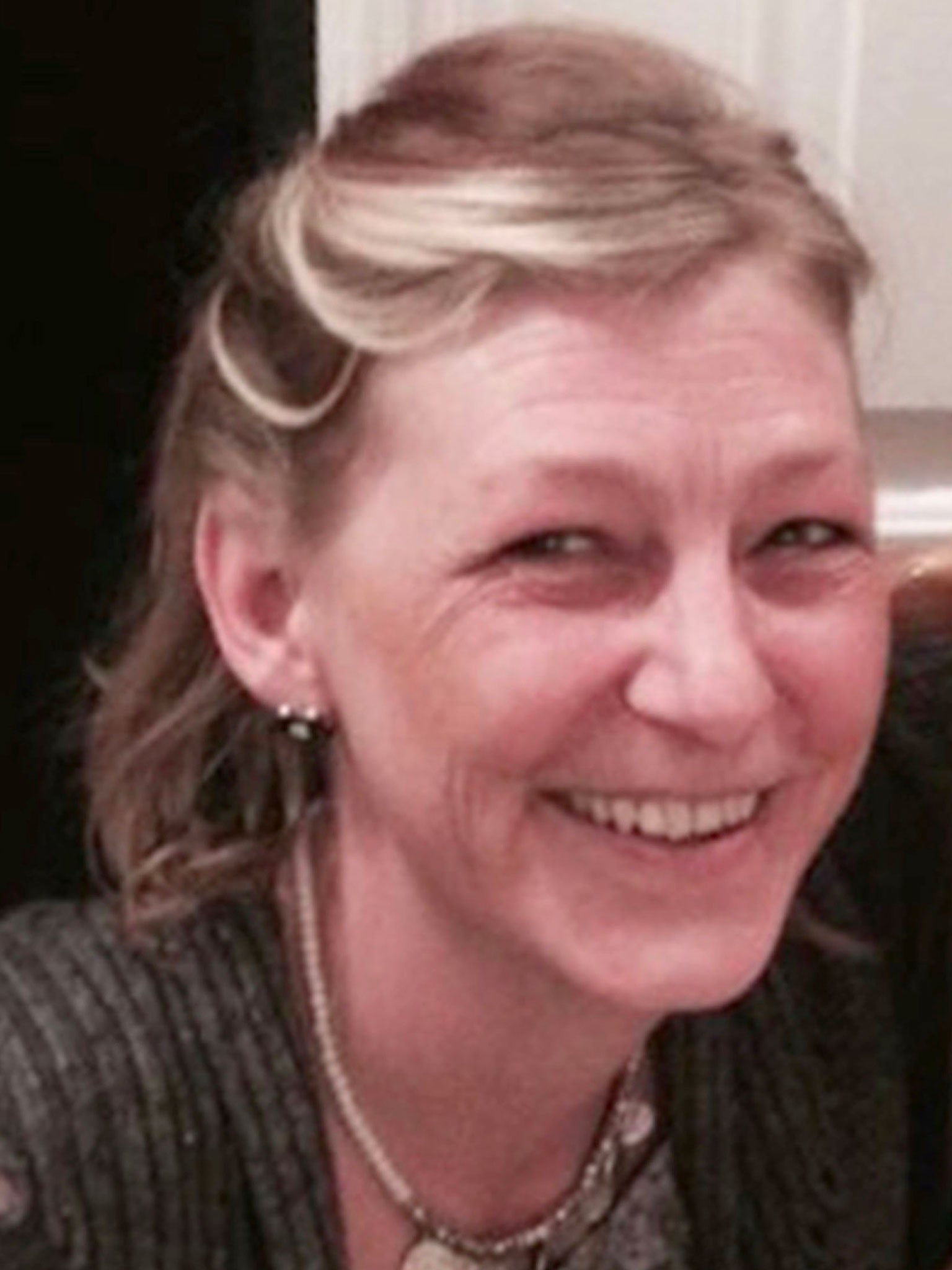Salisbury novichok attack: Russian spies smuggled chemical weapons through airport baggage checks, UK security minister admits
Ben Wallace says novichok used against Sergei Skripal had potential to kill 'hundreds of people'
Two alleged Russian spies who launched the Salisbury attack smuggled novichok into the UK through Gatwick Airport, the security minister has confirmed.
Ben Wallace told the House of Commons there was “clearly some form of attempt to create a legend to make sure that they circumvented our checks”.
“No doubt at the other end of that aeroplane journey [in Russia] there was some, I should think, the baggage checks weren't probably as good as they might be,” he added.
“[The novichok], we believe, in a counterfeit Nina Ricci perfume bottle. That bottle was then recklessly discarded on the streets of Salisbury, and had the potential to kill or injure hundreds and hundreds of people.”
Prosecutors have charged two Russian men using the suspected aliases Alexander Petrov and Ruslan Boshirov with attempting to assassinate Sergei Skripal in a “reckless” poisoning that later caused the death of Dawn Sturgess.
They flew into Gatwick Airport from Moscow on 2 March, using legitimate business visas and genuine government-issued Russian passports.
Mr Wallace said there was no health risk to their fellow air passengers or those who travelled on the public transport they used to travel around London and onwards to Salisbury.
“When a hostile state is determined to try and use its full resources to penetrate another state the challenge is much greater,” he added.

“The logistical support of that state in assisting its agents is significant and that means for example that these two individuals travelled on a genuine Russian passport, making it harder to spot.”
The British government has said the two suspects were members of the GRU military intelligence agency, where Mr Skripal served as a colonel before passing secrets to MI6 that unmasked undercover Russian spies in Europe.
The poisoning led to a wave of diplomatic expulsions in the UK and by its allies, and retaliation by Russia as its government denied any involvement in the attack.
Asked whether there would be any further expulsions during a parliamentary debate on the Salisbury incident, Mr Wallace said: “We will keep all options on the table.
"For now we are working on a number of measures to push back Russia's activities and do our best to degrade their intelligence services."
Vladimir Putin claimed there was “nothing criminal” about the two named suspects on Wednesday and claimed they were “civilians”.
In an address to the Easter Economic Forum in Vladivostok, he said: “Of course, we looked who these people are. We know who they are, we have found them already.”
He added: “There is nothing special and nothing criminal about it, I’m telling you.”
Mr Putin called on Petrov and Boshirov to appear in public to “tell all about themselves” and Russian state media suggested interviews would appear next week.

Mr Wallace said requests for Russia to account for what happened in Salisbury had been met with “obfuscation and lies”, saying their response merely “reinforces their guilt”.
Sajid Javid has vowed that Britain and its allies will catch the pair if they ever leave Russia again, but admitted the scenario is unlikely.
“If they ever step out of the Russian Federation, Britain and its allies will get them and we will bring them to prosecution,” the home secretary said on Saturday, claiming the GRU was “getting its instruction directly from the highest level of the Russian government”.European Arrest Warrants and Interpol red notices have been issued for the men, who fled back to Moscow on the day they allegedly poisoned Mr Skripal.
Mr Javid admitted that “we will probably never see them in the UK”, adding: “The Russians will probably never let them leave the Russian Federation.”
Flight records showed the suspects have travelled extensively around Europe from when the passports were issued in September 2016, to locations including Geneva, Paris, Amsterdam and Milan.
Investigators caught the pair on CCTV near Mr Skripal’s house at the time when novichok was spread on his front door, causing him and his daughter to fall critically ill hours later.
They are believed to have used the same counterfeit perfume bottle that later poisoned Charlie Rowley and killed Ms Sturgess.
Police found traces of novichok in the London hotel room used by the two suspects before they left Britain on a Moscow-bound flight on the evening of 4 March.
Prosecutors have charged them with conspiracy to murder Mr Skripal, attempted murder, using novichok and other offences, but have not sought an extradition warrant from Russia because its constitution forbids handing over criminals to other countries.
The case echoes that of Alexander Litvinenko, a former FSB agent who was assassinated using polonium in London in 2006.
British investigators identified Andrey Lugovoy as the chief suspect after he left a radioactive trail right up to the plane he boarded back to Russia, but he has never been prosecuted and Russia refused an extradition request from the UK.
Theresa May has vowed that Britain will wage an international campaign to disrupt “malign Russian activity” and dismantle spy networks.
British and Russian officials attacked each other at an intense UN Security Council meeting held over the Salisbury attack last week, where the UK accused the Kremlin of “playing dice with the lives of the people of Salisbury” and demanded accountability.
The Russian ambassador, Vasily Nebenzya, responded by angrily accusing the UK and its allies of spreading “repeated lies” about Russia’s development of novichok, and called the case Petrov and Boshirov an “unfounded and mendacious cocktail of facts”.
Mr Nebenzya claimed the investigation was motivated by “Russophobia” and intended “to unleash disgusting anti-Russian hysteria”.
Earlier this year, the UK’s national security advisor revealed that Russia had been spying on Sergei and Yulia Skripal for at least five years before the attempted assassination.

